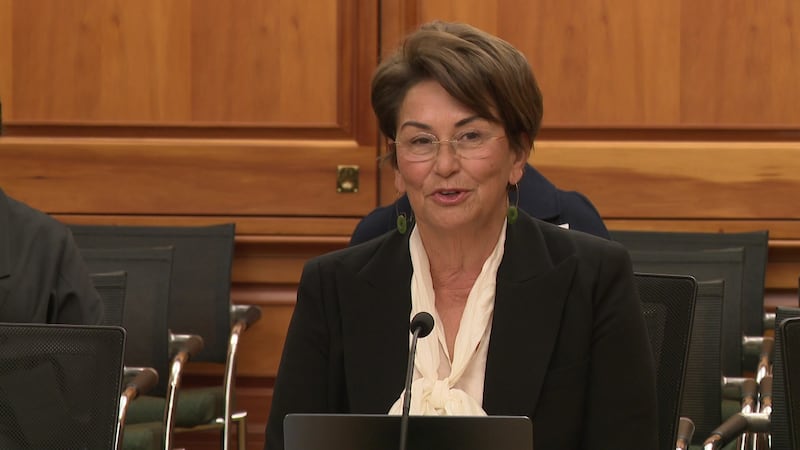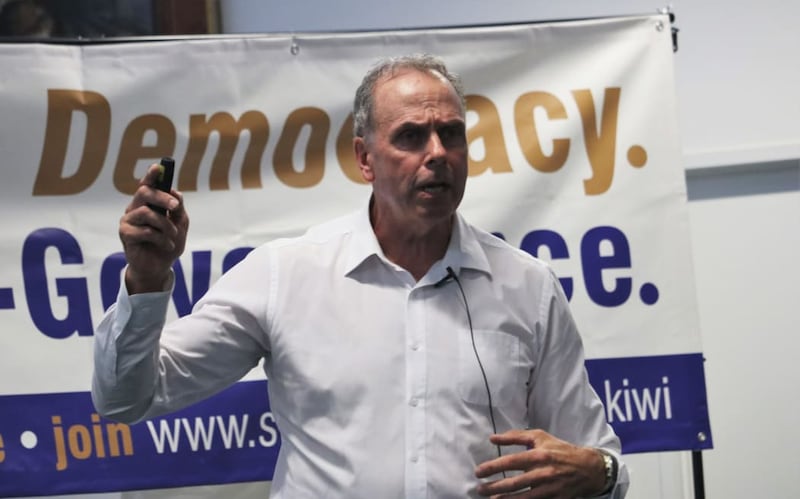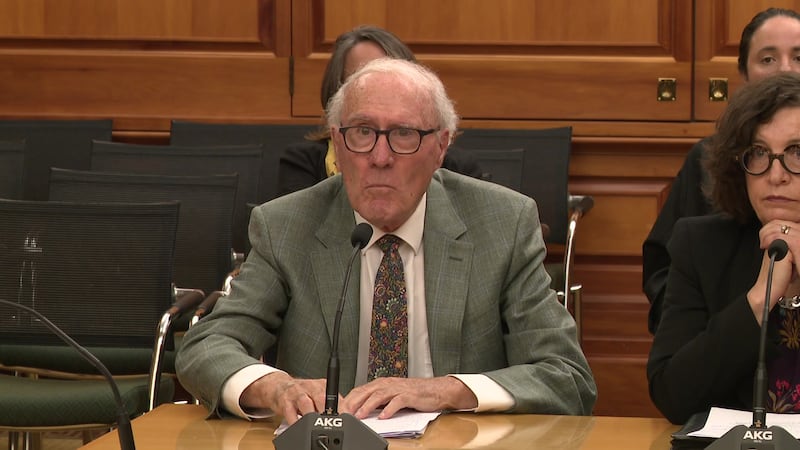Oral submissions for the Principles of the Treaty of Waitangi Bill continue, with Thursday being the fourth day the Justice Committee has heard arguments for and against.
Day four brought forward many well-known figures, including former Prime Ministers, ex-ministers, and controversial personalities.
Kickstarting the day saw former National Education Minister Hekia Parata speak against the bill.

In her 10-minute kōrero, she took aim at the ancestry argument made by those in support.
“One of the oft-repeated, statements or inferences that have characterised the discourse around this debate is that, ‘where in the world has ancestry been the driver of rights?’ I find that incredibly ironic, because the authority of this committee and the proposer of this bill rests on a kinship-based ancestry, property-owning royal family, known in New Zealand as the Crown.
“Secondly, this idea that collective and individual rights can’t or shouldn’t be able to be exercised at one in the same time, in one in the same person,” she said.
Parata also questioned why people were concerned about collective iwi and personal Māori rights, given that Aotearoa’s Pākehā-created electoral system already accommodates collective and individual representation.
“As I look at you as a member of Parliament and speaking for myself, some of you have come here by the party vote, a collective vote. Others of you have come here by the electoral vote, a personal vote. Some of you have come here by both.
“But in our overhaul of our system, we recognised our unique democracy because no democracy is exactly the same. So every person has two votes. One of them is for a collective entity, and one of them is for personal representation, right?
“If we can do that in our electoral system, why on earth are we concerned about the long-standing right of iwi as collective entities to exercise collective rights and Māori as citizens to exercise personal rights in the same person in the same country?”

Immediately after the former National MP spoke, Julian Batchelor—representing Stop Co-Governance—voiced his support for the bill, particularly the original version drafted by David Seymour
Doing his oral submission online, he supported his kōrero with a presentation around the “final English draft of the Treaty Of Waitangi by James Busby”.
He argued the Treaty of Waitangi Act 1975 didn’t have the treaty written by Busby but instead, a treaty written by James Freeman.
“The government has the wrong English version of the Treaty in the Treaty of Waitangi Act 1975.
“This explains why there is a big difference between the so-called English and Māori versions.
“This has given a rise to the need to invent principles to reconcile the differences.”
He said Busby’s version and te Tiriti o Waitangi are a “perfect match” having a little heart graphic with the two kupu on it to solidify his claim.
“That is to say, if the courts, or Māori, or MPs, or the public, want to know with 100 per cent accuracy what the Treaty in Māori says, they would only need to read this final English draft.”
Batchelor believes that “to fix the issues of the Treaty principles once and for all” is to amend the Treaty of Waitangi Act by using Busby’s version of the treaty.
He also added all Māori who talk about establishing a dual government should be “charged with treason” because the “chiefs ceded sovereignty completely and forever.”

Former Prime Minister Sir Geoffrey Palmer—representing 50 King’s Counsel alongside Karen Feint—was against the bill stating its introduction into government was “fundamentally flawed“.
“The cabinet manual in paragraph 7.65 says that ministers must confirm that bills comply with certain legal principles or obligations when submitting bids for bills to be included in the legislative program.
“In particular ministers must draw attention to any aspects of a bill that have implications for or may be affected by the principles of the Treaty of Waitangi.
“You don’t have a policy process that starts with a bill. A policy process ends with the introduction of a bill,” Palmer said.
He added that if the treaty was breached it would create international difficulties with indigenous rights.
“The reason that is there is that the treaty is binding on New Zealand not once but twice. It’s binding as a matter of international law. It’s binding because it was made for New Zealand and it’s binding because we are the successors to the British powers that they used to have which we now have.
“So if this were breached there would be international difficulties with indigenous rights in a liberal democracy like this. And one ought not to undergo that sort of risk.”
Additional reporting by Isaac Gunson and Natasha Hill.



